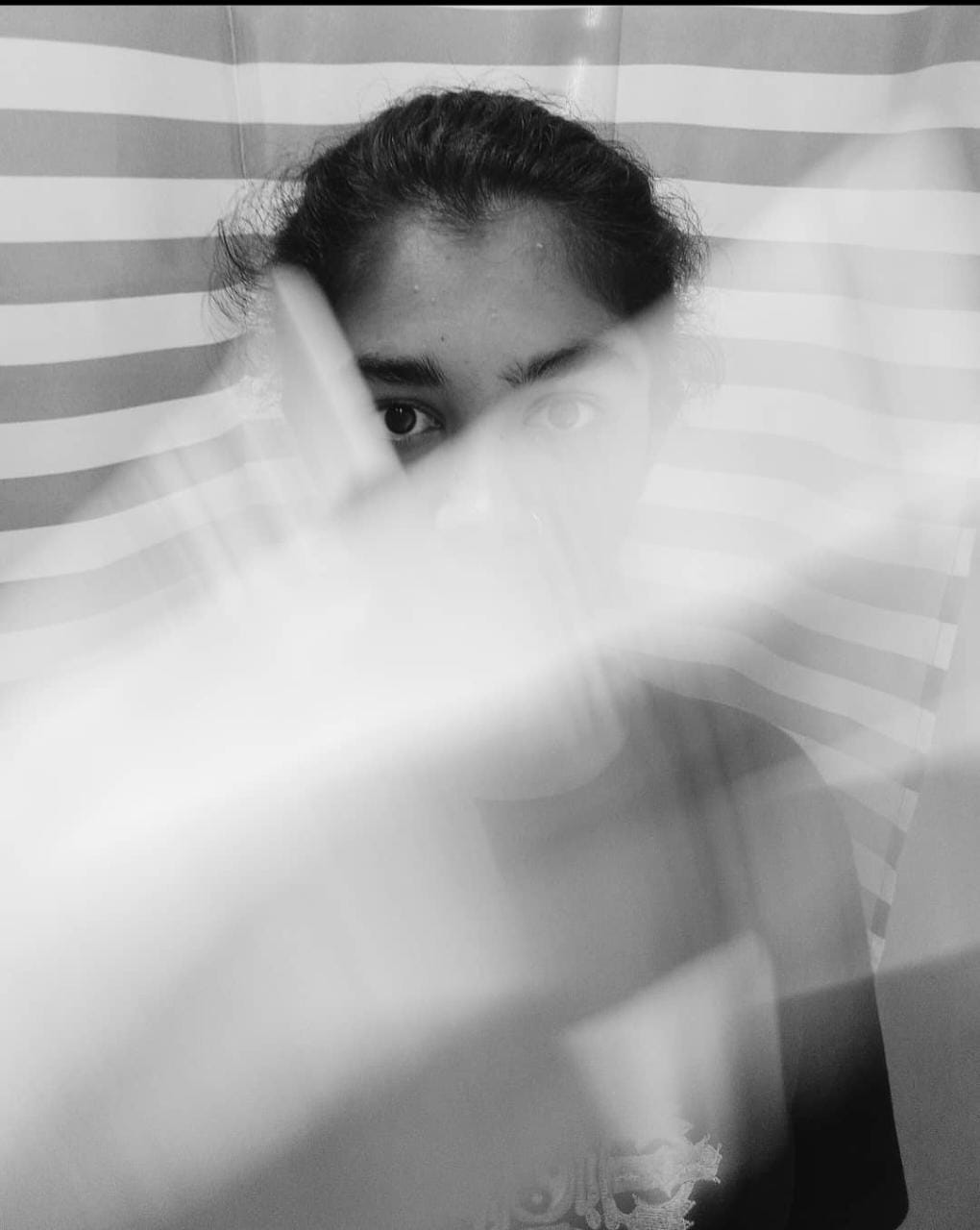Identity Enmity
"When you don't know who you are, anything can be your identity."
- Identity Crisis by Brad Meltzer
Consider the linguistic, cultural, political, artistic, economic and social boundaries that divide this world. Throughout history, these boundaries have been torn, shredded, rebuilt, modified, mutilated and re-established. This elasticity of boundaries renders culture and identity vague and malleable. Questions of historical belongingness and ownership always yield contradictory answers. The deeper one ponders over something, the easier it is to lose one’s way in the labyrinth of the various elements which accumulate to create identities, like culture, history, trauma and tradition.
Albeit contradictions, questions and confusion, identity is central to a person’s self-perception. It is the axis on which an individual centres their worldview and how they react to it. Many people live vivid and enduring lives without fully exploring who they are. Often this leads to an internal conflict creating deep-rooted self-image concerns. It is a truly unnerving experience to stay in the dark about one’s roots. It is equally disturbing trying to dig for one’s history.
This inner turmoil is not uncommon, and it is something that many people experience. As author Chimamanda Ngozi Adichie once said, "The single story creates stereotypes, and the problem with stereotypes is not that they are untrue, but that they are incomplete. They make one story become the only story."
Many people today struggle with the societal demand for singularity. People are expected to categorise themselves as what they are and what they are not. Having struggled with fitting in, I empathise with those who like me also face this identity ambiguity and distortion. Owing to globalisation, many people today feel alienated. They don’t seem to fully belong anywhere and are always left speechless when asked where they are from.
Is identity defined by Ethnicity? Race? Parents? Birthplace? Hometown? Mother Tongue? Occupation? Ancestors? Or is it all of these things and more? Is it none of these things and something else altogether? Does an individual really have the autonomy and control to define their own identity by removing themselves from their generational past?
When we allow ourselves to be defined by a single story or narrative, we limit our understanding of who we truly are. It's important to embrace the complexity of our identities and to recognize that we are not just one thing. We are made up of a multitude of experiences, interests, and perspectives that make us unique. Human personalities and identities are dynamic, and an individual is constantly absorbing traits, events, knowledge and feelings. Many people believe that identities change with context in time and space. True human peace is in comprehending the intricacies of situations and relating with them by employing the relevant identity. Intersectionality is inescapable and can truly allow room for the growth of an individual, regardless of their background or backgrounds. Humans are given the gift of choice, and they must assume expertise in choosing.
To be human is to be overwhelmed by the anxiety caused by freedom. In the words of poet Nayyirah Waheed, "You have been offered a life raft of confusion. And you have chosen, instead, to drown in indecision." We must choose to embrace the confusion and uncertainty that comes with exploring our identities, rather than allowing ourselves to be overwhelmed by it.





